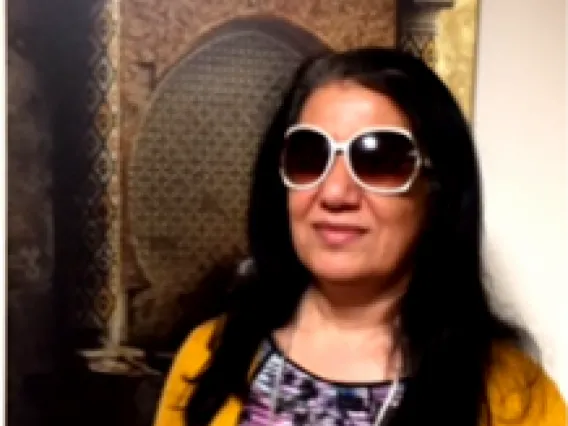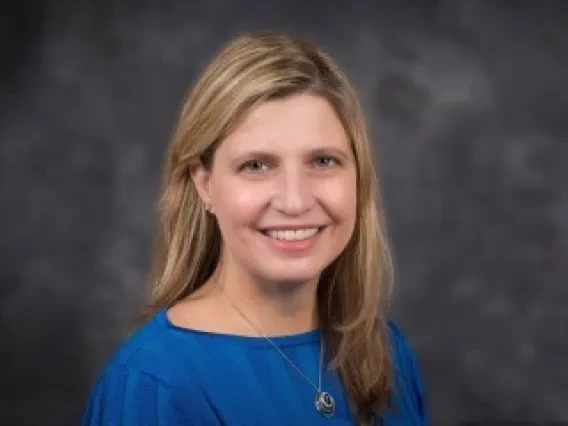The Committee on Academic Freedom and Tenure (CAFT) shall have jurisdiction to make inquiry and to conduct hearings in two general areas contained in ABOR 6-201, 6-301 and 6-302 namely: in regard to those matters contained in the Conditions of Service dealing with the contractual employment relationship between the General Faculty member and the University/Board of Regents; and in regard to any internal matters relating to grievances against or by any member of the General Faculty. The committee shall consider the protection of academic freedom and tenure as a principal obligation. (Certain preliminary steps for dismissal situations are described in Chapters 3 and 4 of the University Handbook for Appointed Personnel and Sections 6-201, 6-301 and 6-302 of the Arizona Board of Regents Policy Manual.)
Membership Requirements
The Committee on Academic Freedom and Tenure shall be composed of twelve tenured or continuing members of the General Faculty other than deans of any rank, four of whom shall be elected each year by the General Faculty for a term of three years. The slate of candidates presented to the General Faculty shall be selected in the following manner:
The Nominating Committee will prepare a list of names containing not fewer than two times the number to be elected. After consultation with the Chair of the Faculty and the President, the committee will reduce the list to a slate of twice the number to be elected, giving due consideration to diversity. For each person listed, a brief description of relevant academic experience, qualifications and background will be provided. This information will also appear on the ballot submitted to the General Faculty along with the names and colleges of continuing members. If the outcome of an election cannot be determined because of a tie vote, a runoff election shall take place.
The Committee on Academic Freedom and Tenure shall elect its chair and vice chair from among those of its regular members who have served at least one year. In the event that the committee is of the opinion that the case load is so great that undue delay will be experienced in the hearing and disposition of all cases before it, the committee may direct that temporary members be installed to hear specific cases. Temporary members shall be selected by the presiding officer of the committee by whatever means he or she deems appropriate from a pool of names provided by the Nominating Committee or by other members of the General Faculty. Such a pool shall contain not less than twice the number of names as there are temporary members to be selected. The Committee on Academic Freedom and Tenure shall select one of its regular members to serve as panel presiding officer in each case. In all cases the tenure of temporary members of the committee shall be limited to the hearing and disposition of the specific case which occasioned their selection.
If an elected member of the Committee on Academic Freedom and Tenure resigns or becomes ineligible for membership, this member will be replaced for the remainder of the term of the departing member with the candidate who received the next highest number of votes in the same election, with ties broken by the Chair of the Faculty. If there is no eligible candidate, the Chair of the Faculty will fill the vacancy by appointing a member of the General Faculty who is otherwise eligible for membership on the committee.
Committee Chairs
Membership List
Upcoming Meetings
There are no upcoming events listed.













